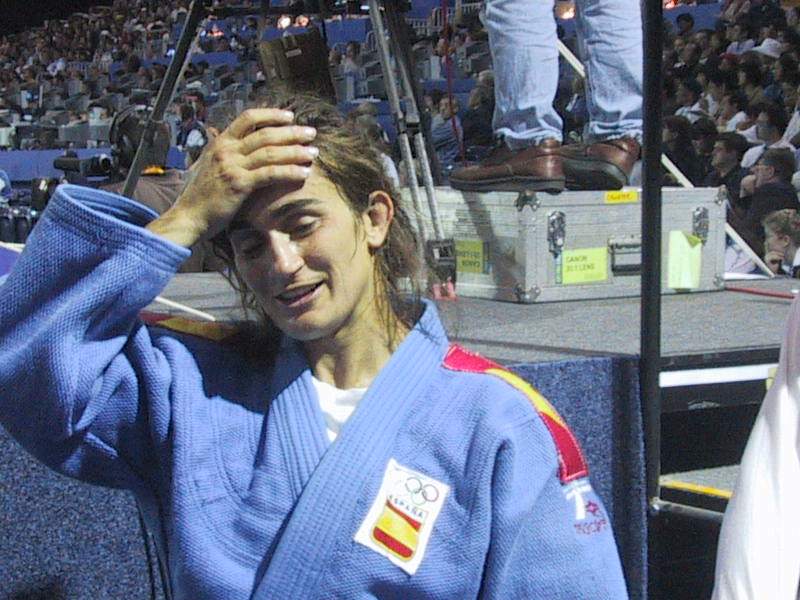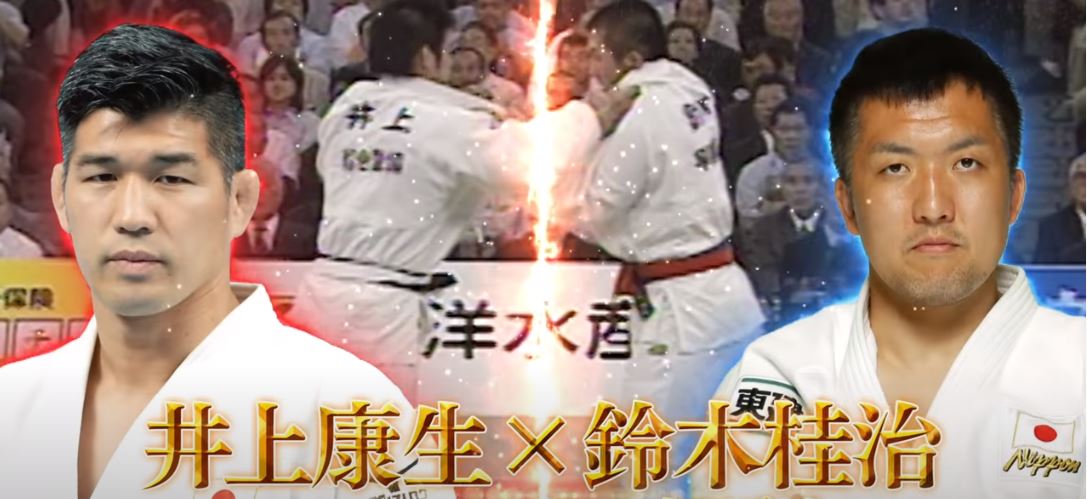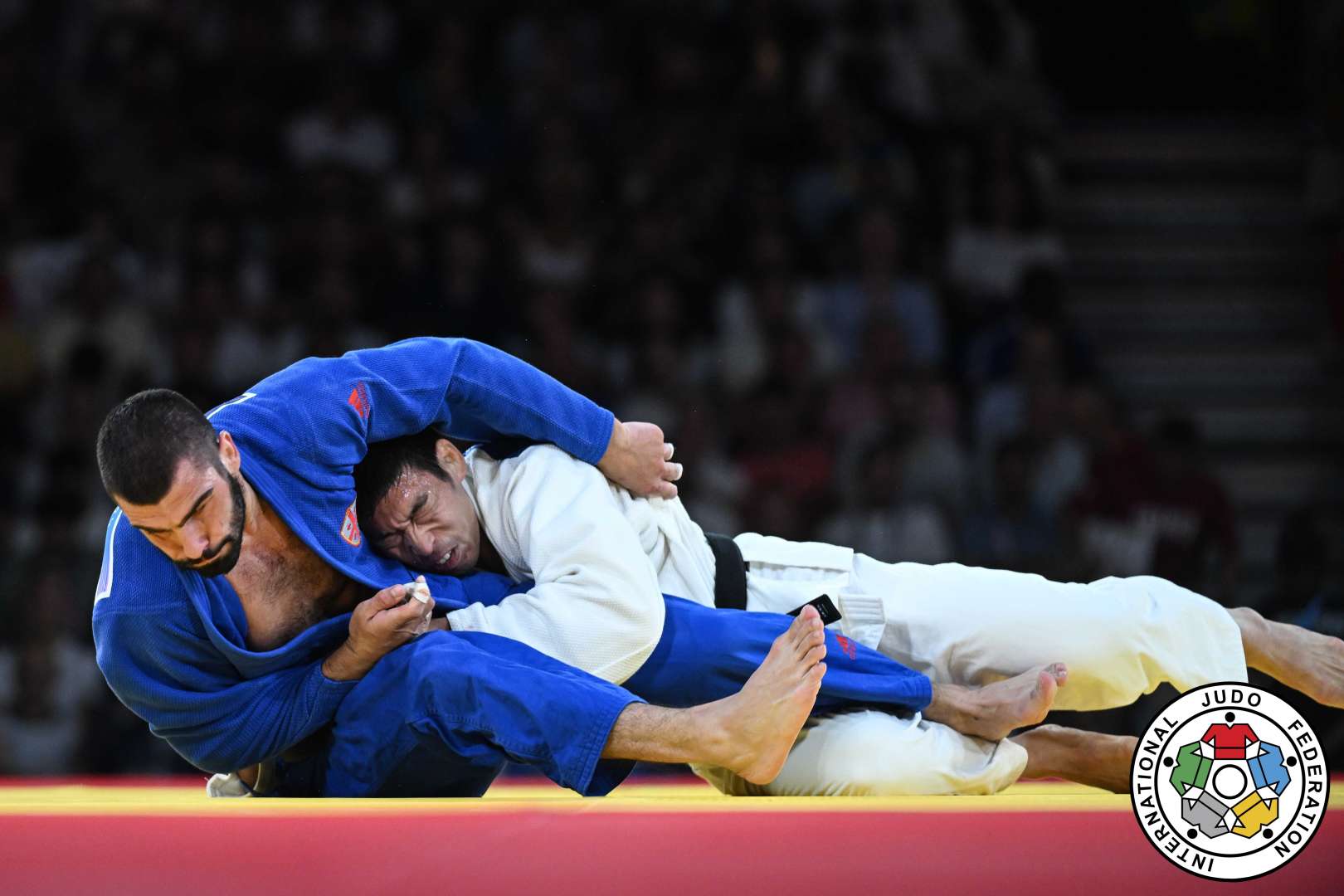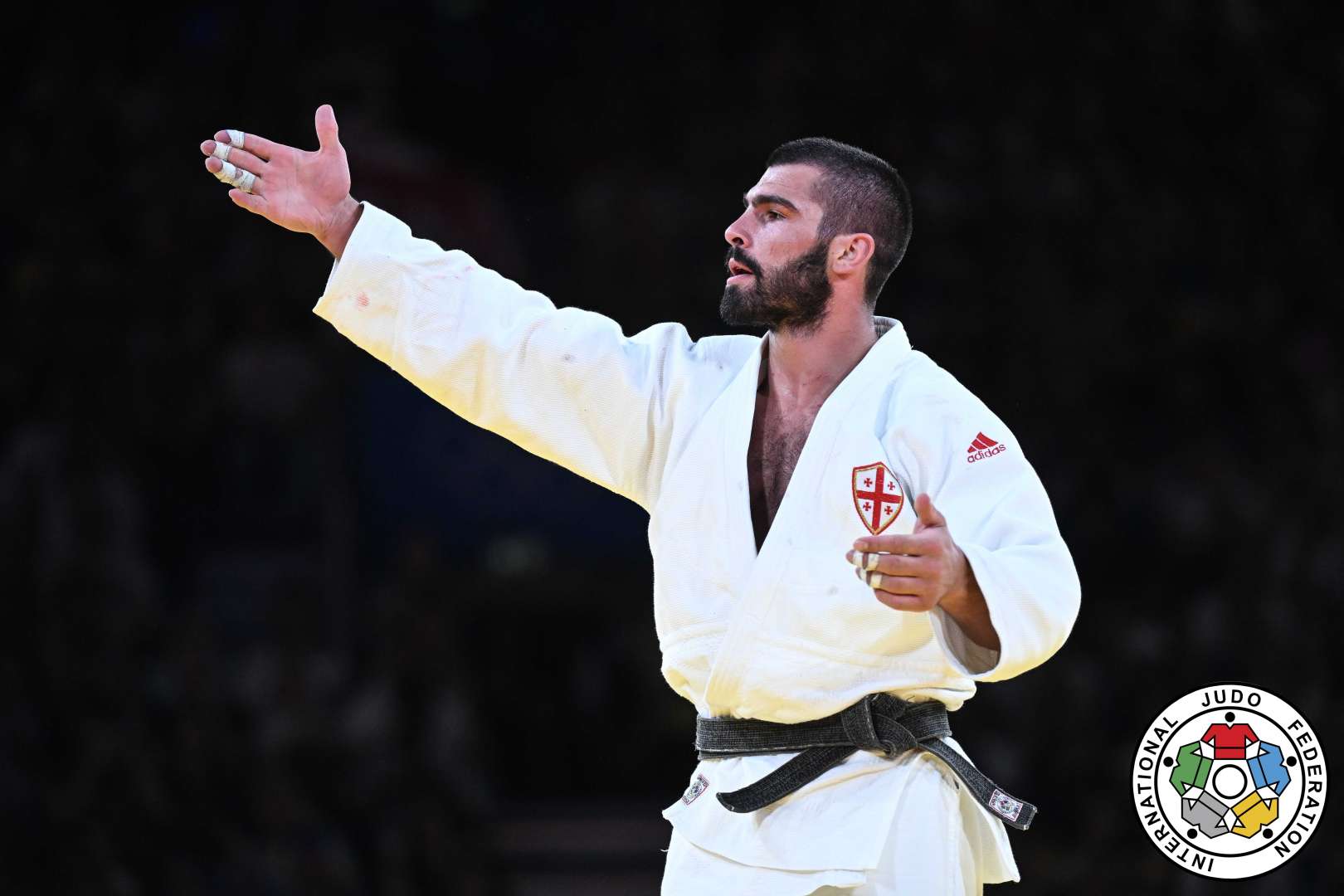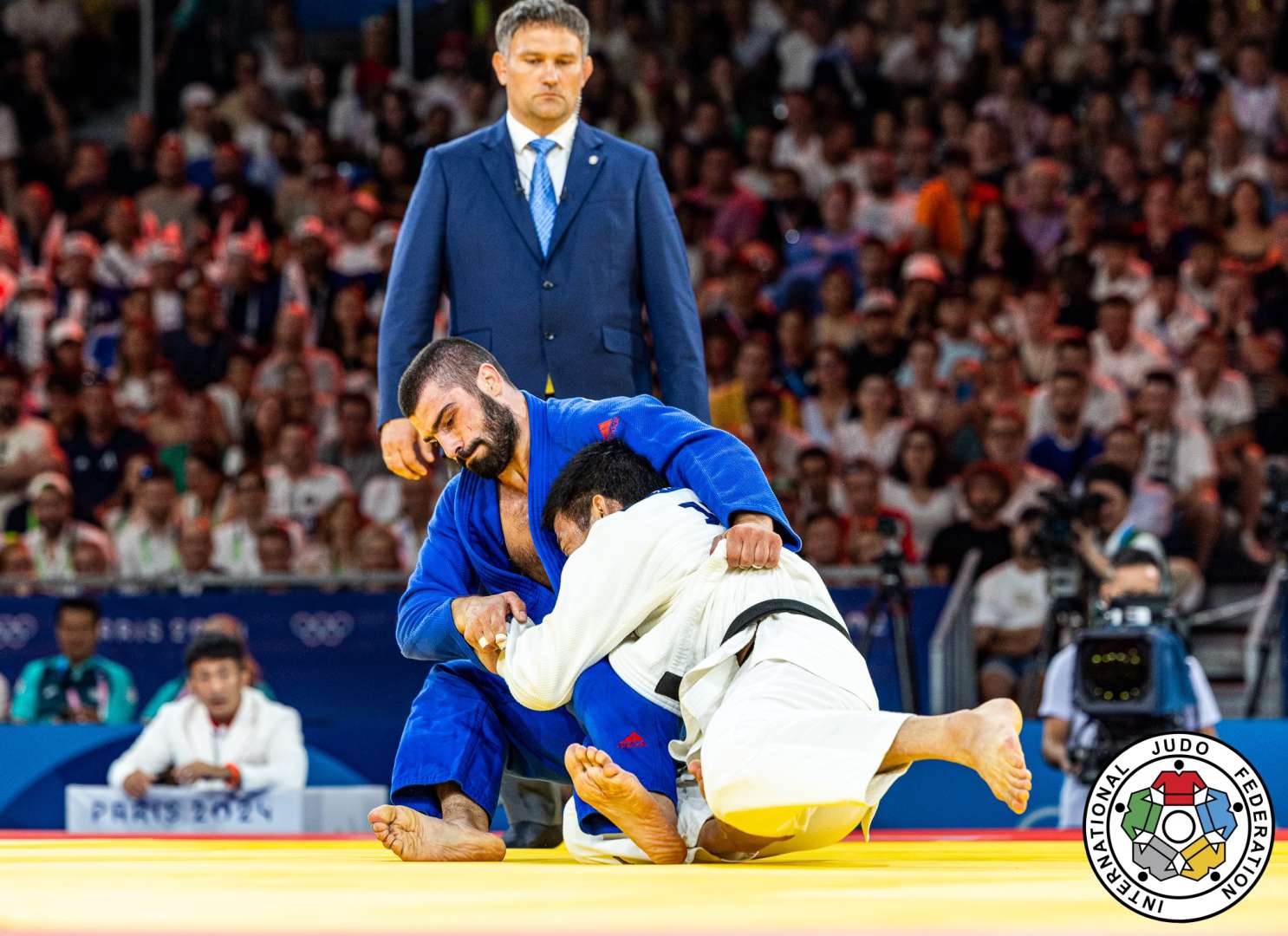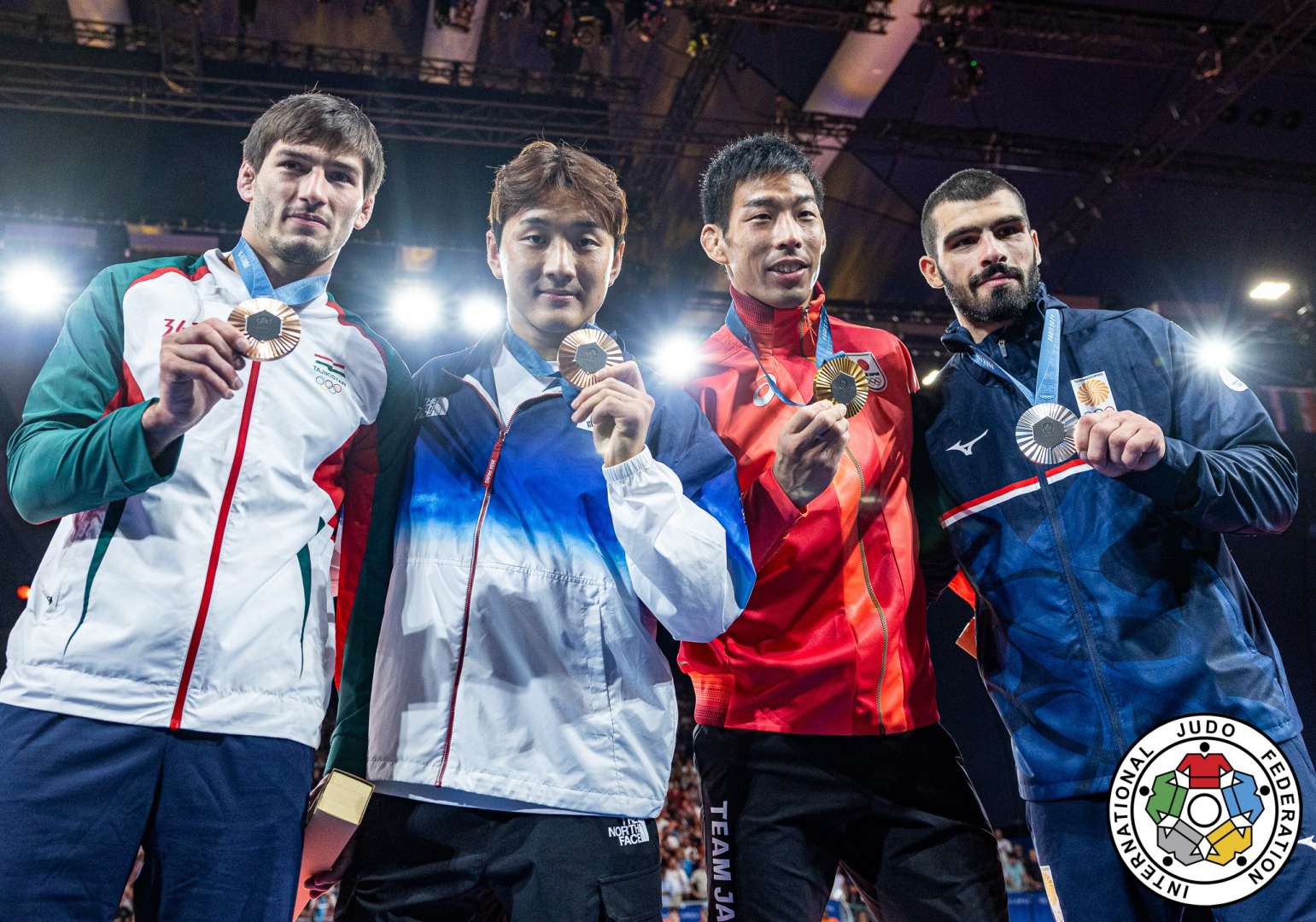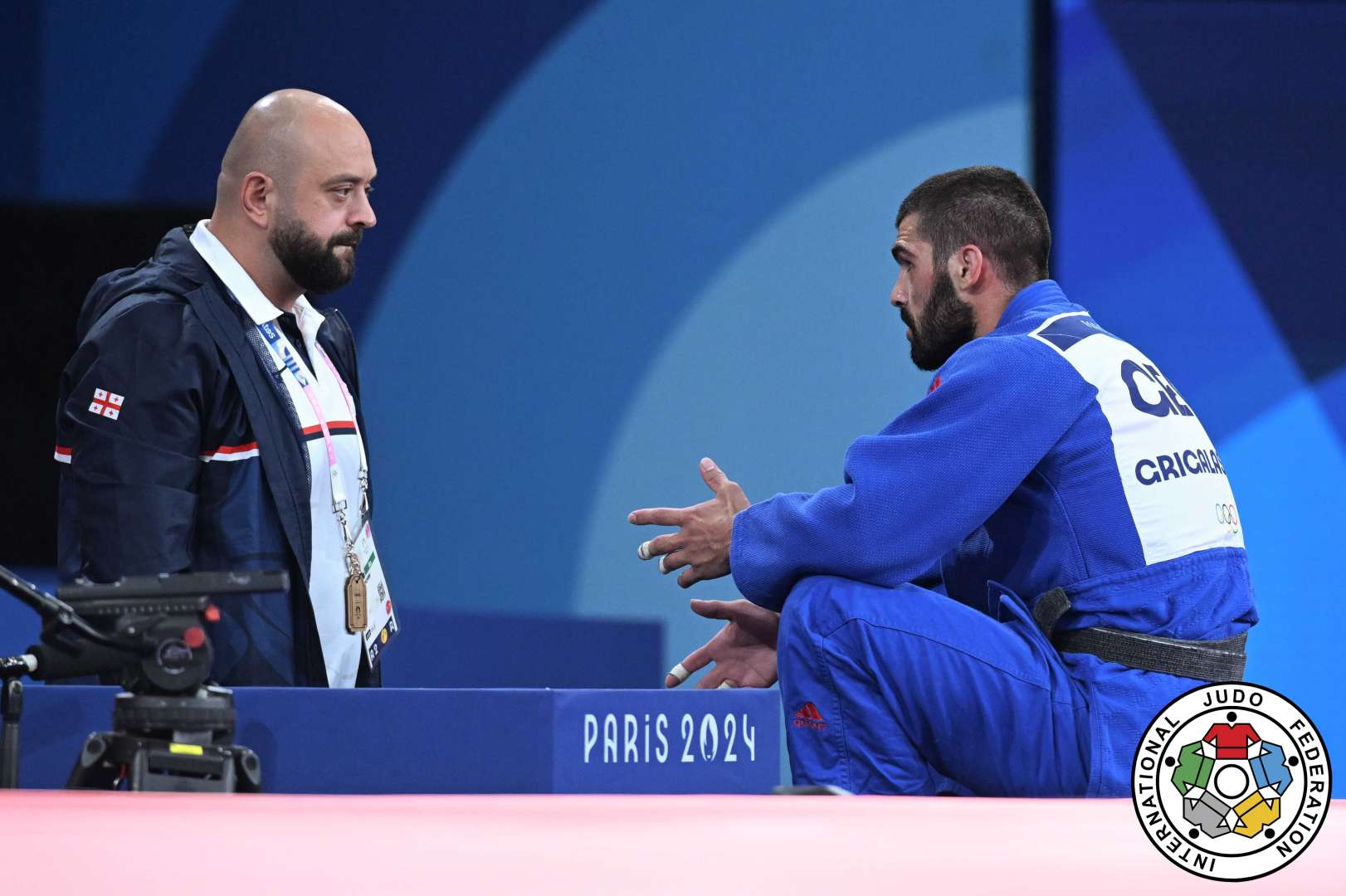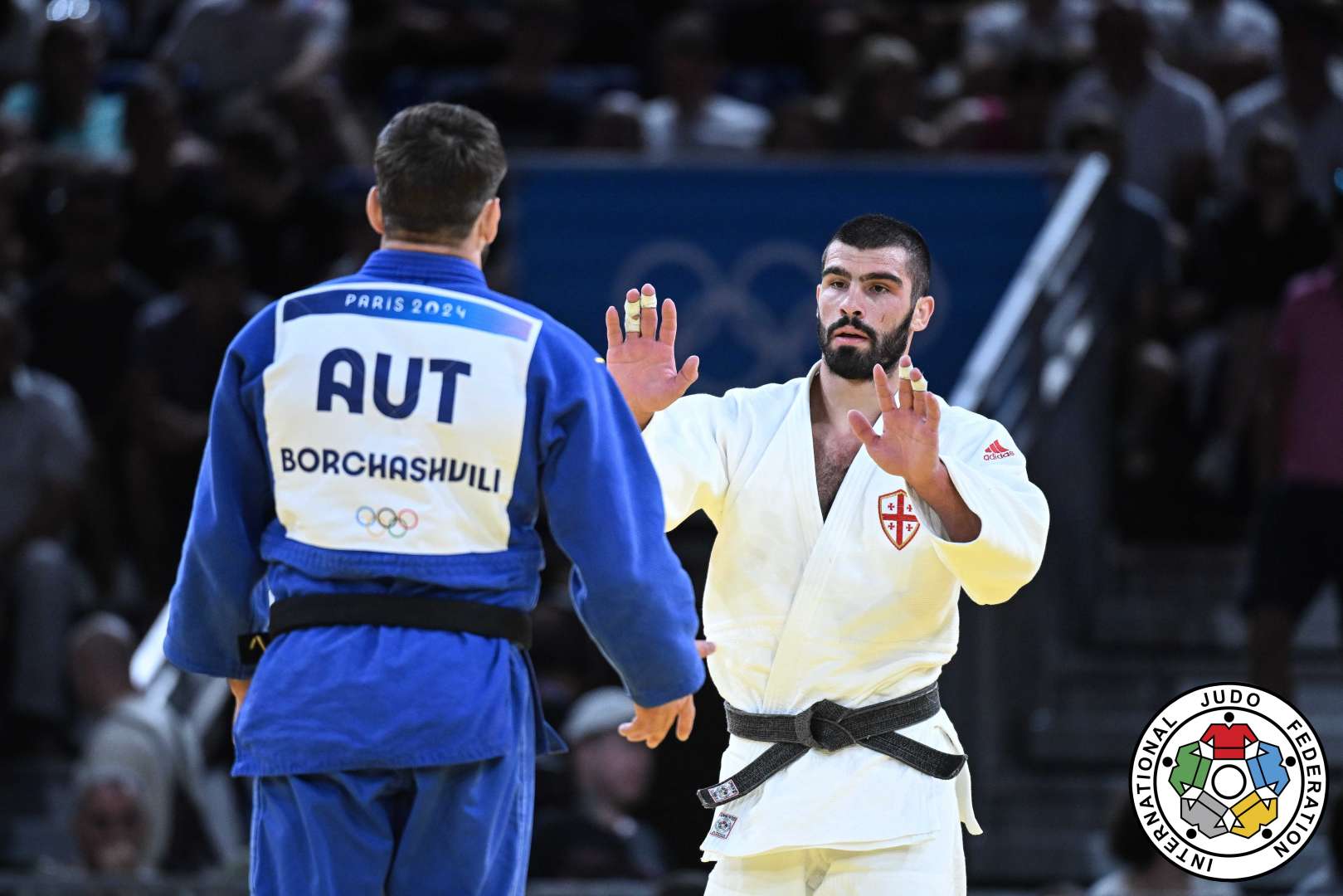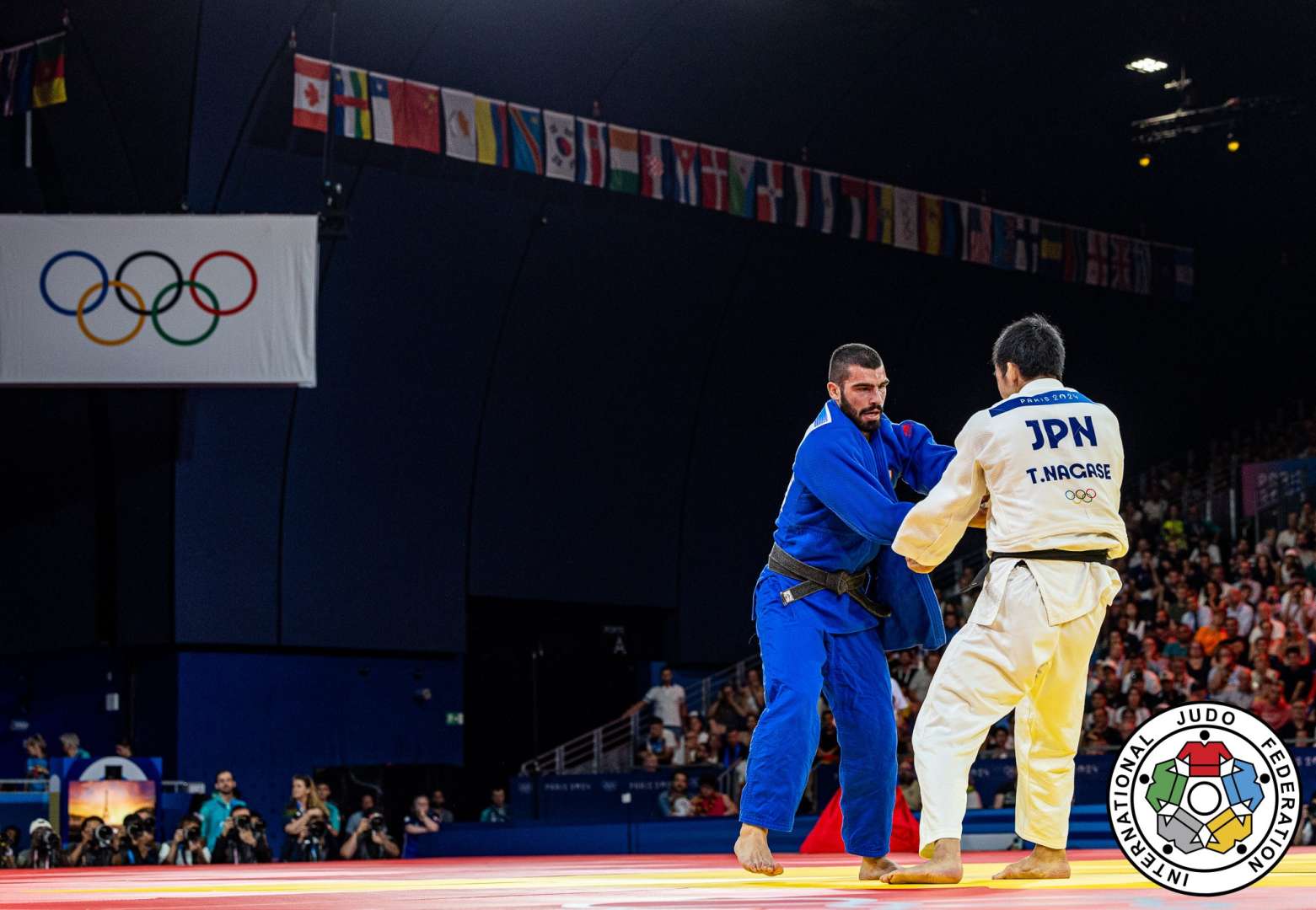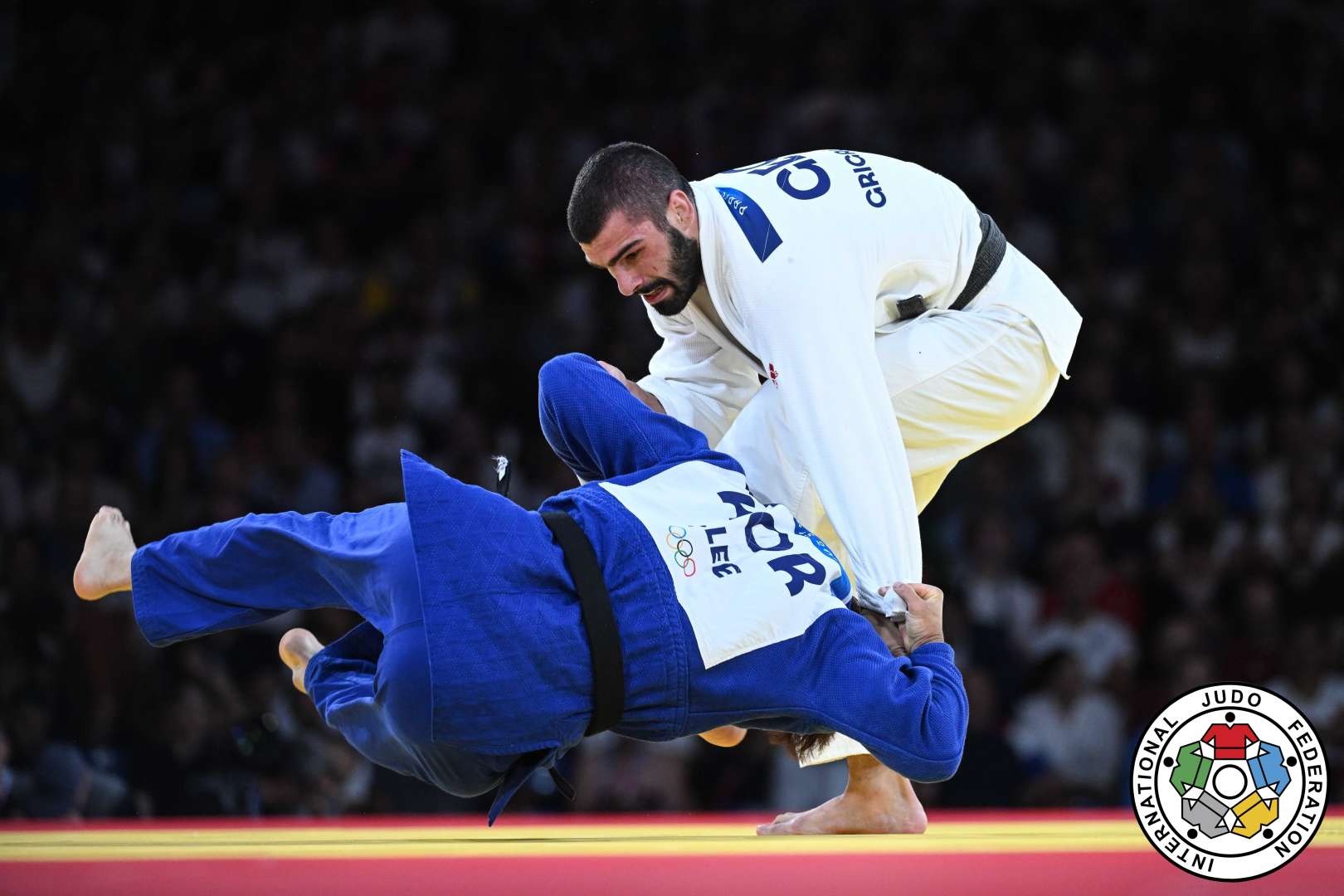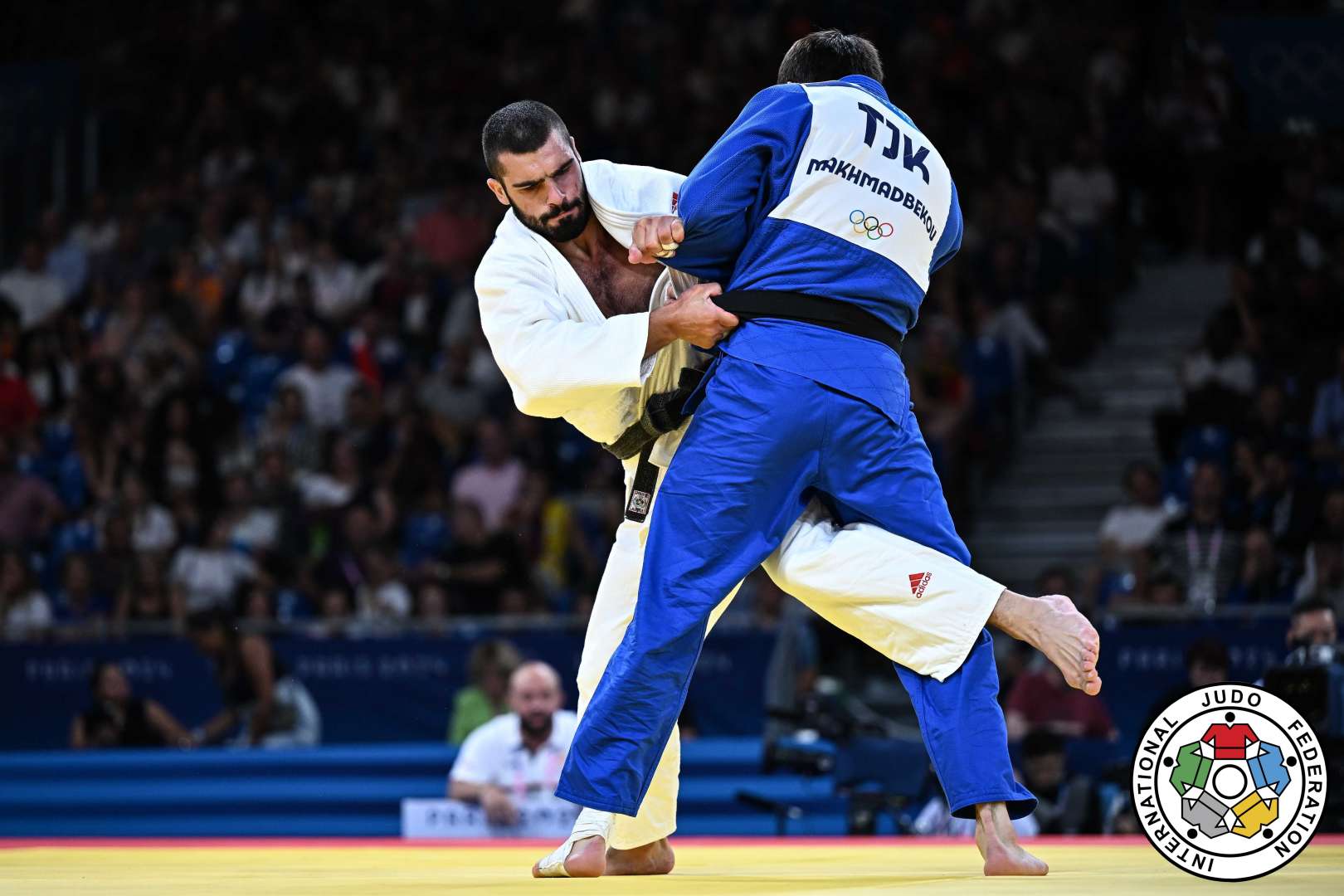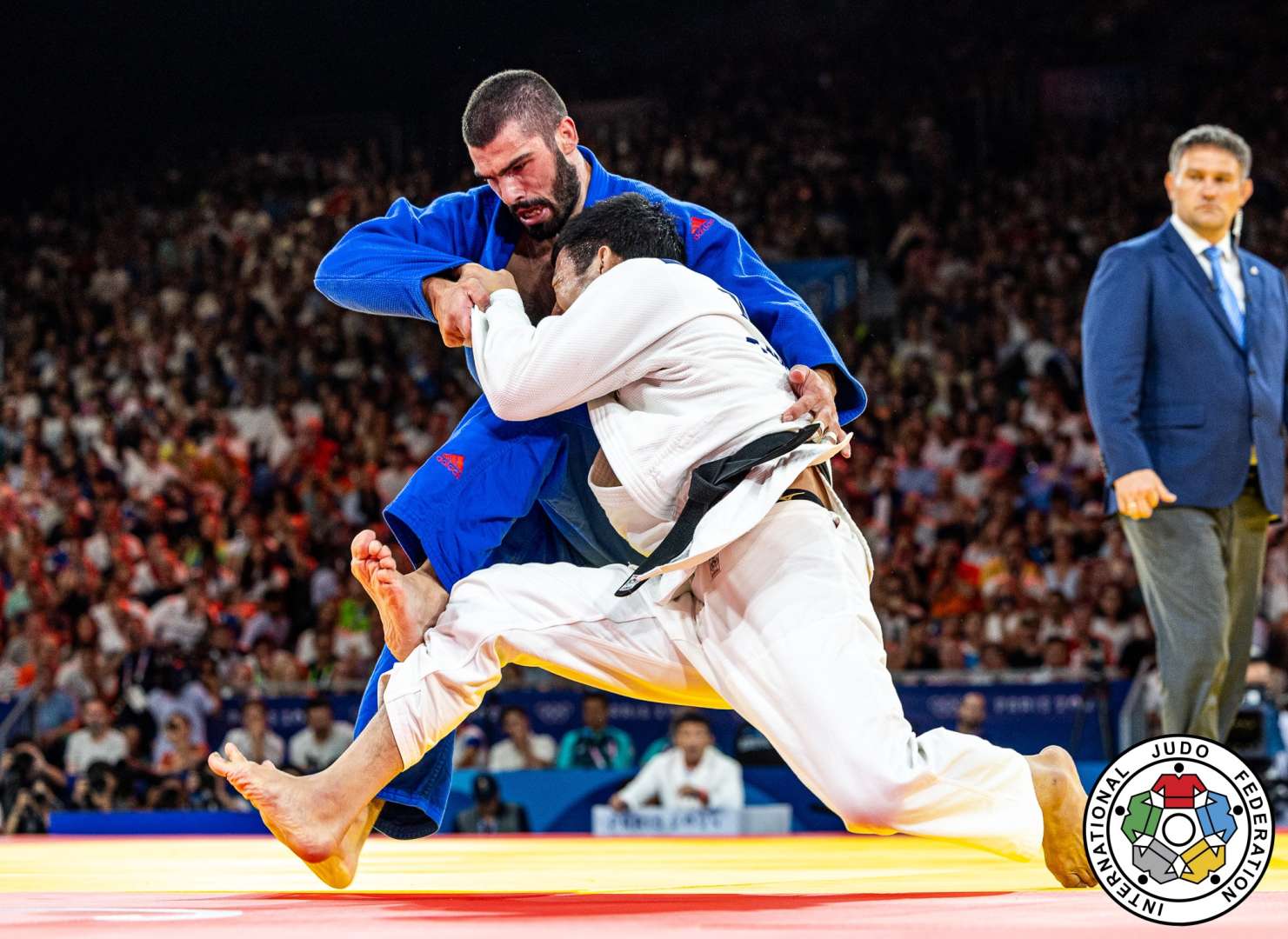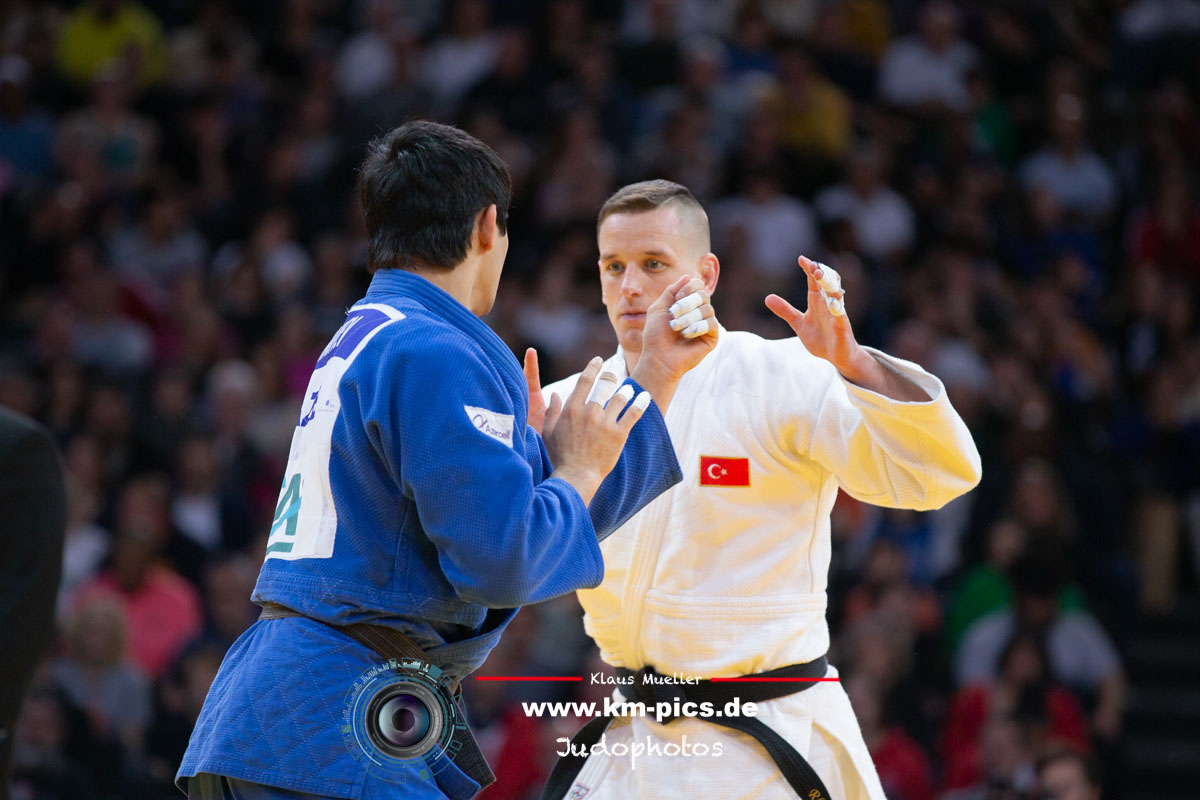Report of the Asian Judo Championships 2000 in Osaka
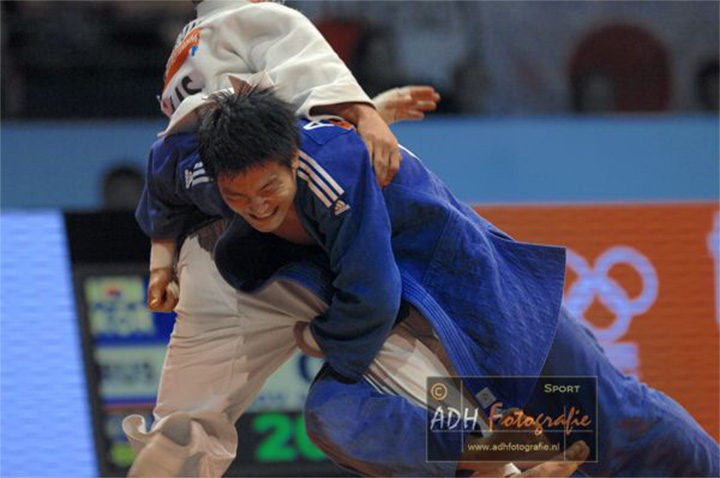
 28 May 2000 00:00
28 May 2000 00:00
 TWOJ, the world of Judo, by Barnaby Chesterman
TWOJ, the world of Judo, by Barnaby Chesterman

The 2000 Asian Judo Championships acted as the only source of qualification to the Olympic Games for Asian fighters not already qualified through last year's World Championships. Naturally some of the top Japanese, Korean and Chinese fighters were rested as they had finished in the top eight at the Worlds. Four Japanese fighters, however, had failed to qualify last year and a couple of Korean former World Champions did not even compete in Birmingham so there was plenty of talent on display.
As expected the Japanese dominated on home soil despite a largely reserve team but China and Korea also performed well and there was the odd surprise along the way, particularly from an outstanding Iranian -81kg fighter who could cause problems for Graeme Randall in Sydney. The Japanese reserves and even some of the Korean reserves would wipe the floor with the first choice fighters from most countries, and indeed they did, so there was no danger of the judo being anything less than of the highest order.
There were some unexpected talents emerging from unfashionable nations. Kyrghyzstan and Turkmenistan both qualified fighters for the Olympics. The Nakamura brothers, Kenzo (-73kg) and Yukimasa (-66kg) were out in force and they both won gold to qualify their weights. Yasuyuki Muneta, the heavyweight understudy to Shinichi Shinohara, delighted the crowd with his convincing impression of a weeble. The man is unthrowable. In the +100kg semi-final Seyid Miranfashandi , a much taller fighter, attacked him with uchi-mata. He had both feet off the ground but somehow slid down the Iranian's leg and landed of his feet. In the final Vayacheslav Berduta of Kazakhstan repeatedly had Muneta directly upside down with sumi-gaeshi attacks but the stocky Japanese managed to spin on his head and land on his feet.
The stars of the tournament were Kazem Sarikhani, a talented Iranian -81kg fighter and Yuko Isozaki the ne-waza specialist but only -52kg reserve to Japanese World champion, Noriko Narasaki. These two deservedly won the ippon awards at the end of the tournament for most ippons in the fastest time. Sarikhani scored victories with uchi-mata, kami-shiho-gatame, a massive sukui-nage and a unique kouchi-gari against Makoto Takimoto in the semi-final. From an extreme left stance he hooked his left foot behind Takimoto's left leg and pulled the Japanese's right leg between his own from behind. The first attempt did not score and a second was rewarded only with a koka but on the third attempt he finally secured an ippon. He went on to beat Ruslan Seilkhanov of Kazakhstan in just 15 seconds in the final and fired an early warning to the rest of the Olympic competition.
Isozaki was like a Venus Fly Trap on the ground and three of her four ippons came from ne-waza. Her reputation surely preceded her and her semi-final opponent, Bishen Chen of China, seemed terrified of ne-waza exchanges. It was an intriguing fight as the Chinese, having gone into ne-waza, struggled like a hare in a trap to escape in spite of being on top. Isozaki would not let her go, though, and was given ample time by the referees to turn Chen over into an unbreakable mune-gatame. The increased time for ne-waza was a positive feature of the tournament after referees had been instructed during the Worlds to allow little time for groundwork. Isozaki was not the only one to benefit from the extra time. Kenzo Nakamura also won three of his four fights in ne-waza and both he and Isozaki gave an outstanding demonstration of skilful turnovers.
Another fighter who made full use of the time for ne-waza was Brojeshori Devi who was allowed two bites at the cherry against Aiman Kaliyeva in the -52kg category before securing a winning hold. Devi lost a fight for bronze but leaped into the air after coming back to win a fight-off for Sydney qualification and a rare Olympic judo berth for India. Another who won an unlikely Olympic place for her country was Aprilia Marzuki of Indonesia. She too lost a fight for bronze but won a fight-off against Nadejda Jeltakova of Turkmenistan. Despite dominating the fight Marzuki needed a split decision to win. At first she didn't realise she had won but when she did she came off the mat with a beaming smile. It was a double toast for Indonesia as the entertaining -90kg fighter Bayu Krisna also qualified despite finishing only 7th.
Two former world champions from Korea still needed to qualify for the Games after missing the Worlds last year. Sung sook Jung (-63kg) was sensational in winning her division and threw the reigning World champion Keiko Maeda for ippon in her first fight. Min sun Cho (-70kg) was not quite so spectacular but still qualified by winning bronze after losing to Masae Ueno of Japan in the semi-final. Ueno was one of four Japanese women to win gold alongside five men. These included Tatsuaki Egusa (-60kg) who is the University champion in Japan and one of several equally ranked number three fighters behind Kazuhiko Tokuno and Tadahiro Nomura. The Chinese women enjoyed a good tournament winning the +78kg, -78kg and the Open. Reigning Olympic champion Fuming Sun won the Open but is unlikely to defend her title in Sydney as Hua Yuan is the top ranked heavyweight in China. The tournament was spoiled a little by the lack of atmosphere on the second and third days as the big Osaka Municipal Central Gymnasium was barely a third full. It was a shame for the championships which boasted a record entry of 29 countries and nearly three hundred competitors (before the withdrawals of Tajikistan and Nepal). Even so on the first day hundreds of local school children brightened up the atmosphere with huge banners and noisy chants. Each separate party had been allocated a country to support and they did so with vigour and enthusiasm. Some even dressed up for the occasion while others brought home-made drums and mega-phones and made quite a racket. The natural enthusiasm and constant humdrum of children made for an entertaining first day and the organisers of other competitions that suffer from a lack of crowds would do well to take heed.
 like
like
 share
share
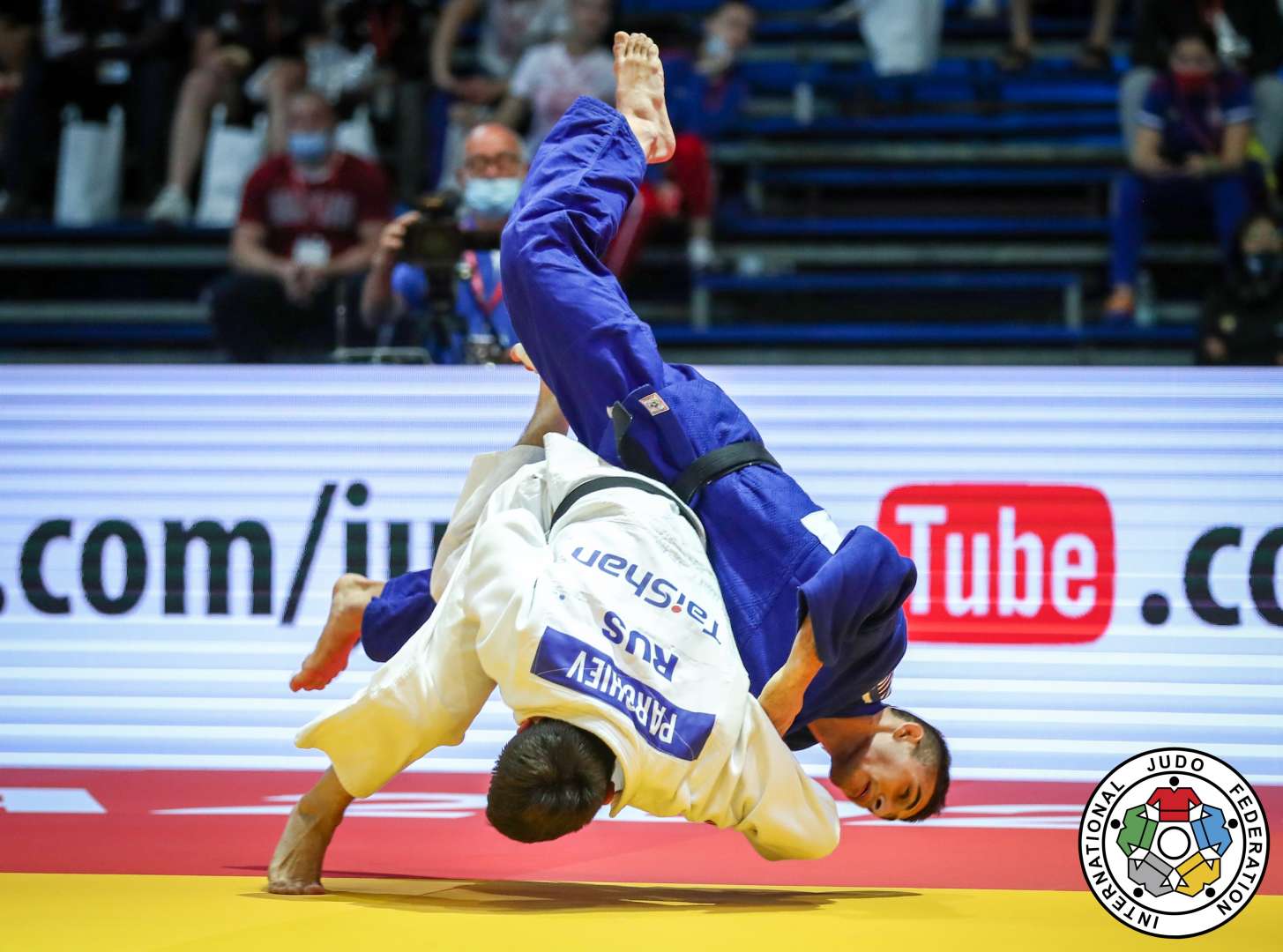
| Result | City | Date |
|---|---|---|
| 2 | Paris | 2024 |
| 1 | Abu Dhabi | 2024 |
| 1 | Zagreb | 2024 |
| 3 | Belgrade | 2023 |
| 2 | Montpellier | 2023 |
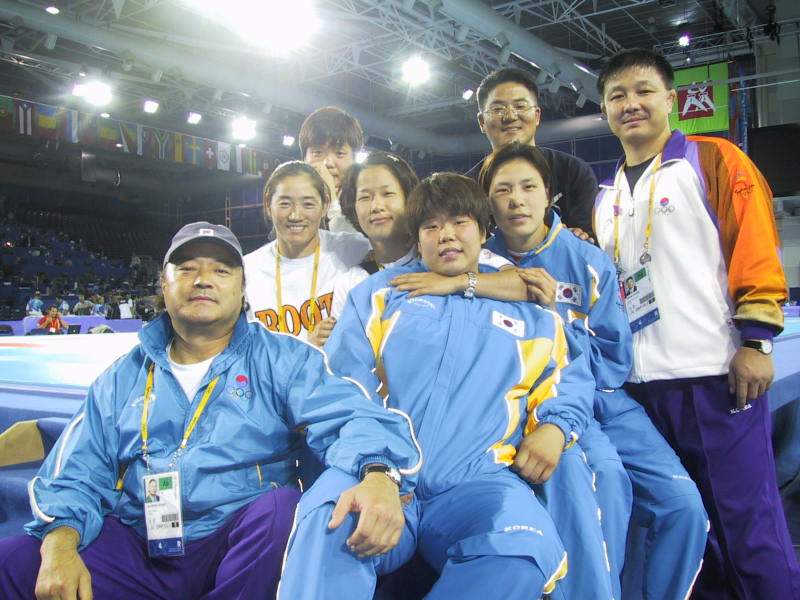




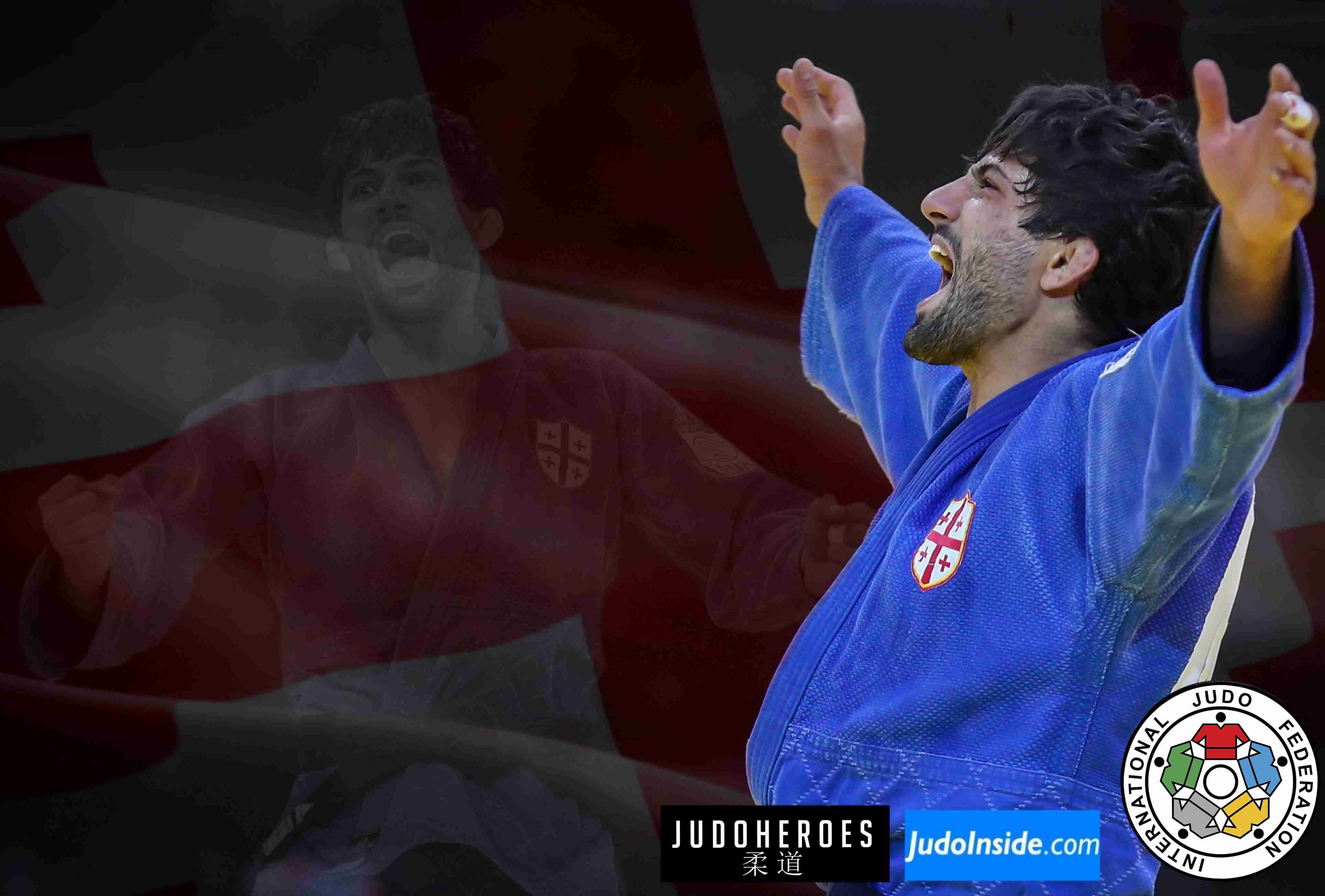
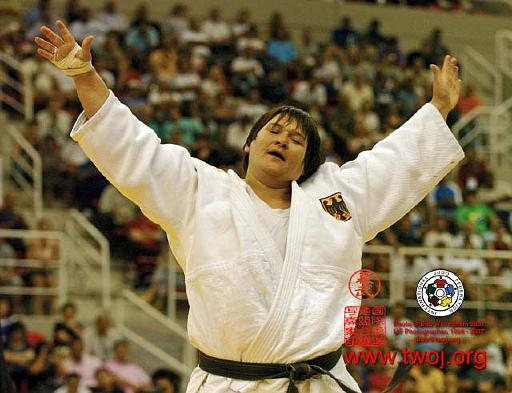
.jpg)
